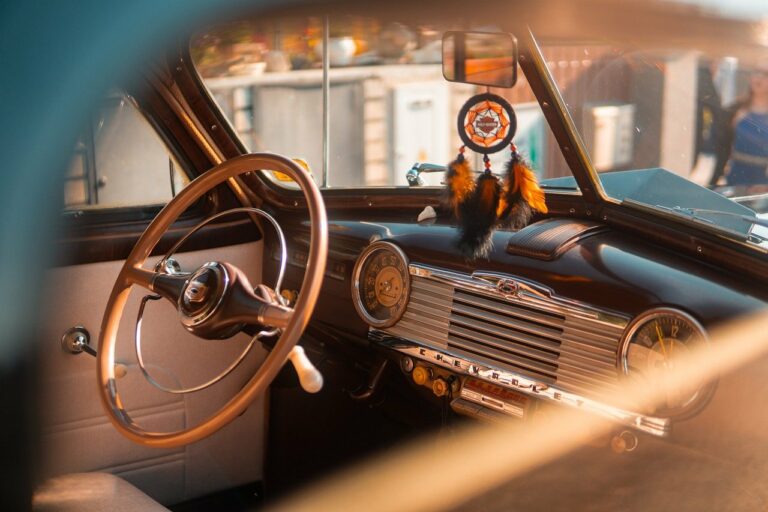How to Start a Collection of Historical Artifacts: Allpanel 777, Laserbook247.online, 99exch.in
allpanel 777, laserbook247.online, 99exch.in: Starting a collection of historical artifacts can be a fascinating and rewarding hobby. Whether you are interested in ancient coins, vintage maps, or antique manuscripts, building a collection of historical items can provide insights into the past and connect you to history in a tangible way. If you’re thinking about starting your own collection, here are some tips to help you get started.
Research and Learn About Different Types of Historical Artifacts
Before you start collecting historical artifacts, it’s important to do some research and learn about the different types of items that interest you. For example, if you are interested in ancient civilizations, you might want to focus on collecting pottery, jewelry, or tools from those time periods. By learning about the different types of historical artifacts available, you can narrow down your focus and build a more cohesive collection.
Set a Budget and Stick to It
Collecting historical artifacts can be an expensive hobby, so it’s important to set a budget and stick to it. Determine how much you are willing to spend on each item and keep track of your expenses to avoid overspending. You can start small and gradually expand your collection as your budget allows.
Visit Museums, Antique Shops, and Online Auctions
One of the best ways to start a collection of historical artifacts is to visit museums, antique shops, and online auctions. Museums often have special exhibits featuring historical artifacts, which can inspire your collection. Antique shops and online auctions are great places to find unique and rare items to add to your collection. Make sure to do your research and verify the authenticity of any items you purchase.
Network with Other Collectors
Networking with other collectors is a great way to learn more about historical artifacts and find new pieces for your collection. Joining collector’s forums, attending trade shows, and connecting with local collectors can help you expand your knowledge and make valuable connections in the community. You never know what rare items you might discover through networking with other collectors.
Carefully Preserve and Display Your Collection
Once you start acquiring historical artifacts, it’s important to carefully preserve and display your collection. Store fragile items in acid-free boxes, use protective covers for documents and photographs, and avoid displaying items in direct sunlight or humid environments. Consider investing in display cases or shelving units to showcase your collection and protect it from damage.
Frequently Asked Questions (FAQs)
Q: How can I ensure the authenticity of historical artifacts I purchase?
A: It’s important to do thorough research and work with reputable dealers who provide documentation proving the authenticity of the items.
Q: What is the best way to store and preserve historical artifacts?
A: Store artifacts in a cool, dry, and dark environment to prevent deterioration. Use archival-quality materials for storage and display to protect the items from damage.
Q: How can I insure my collection of historical artifacts?
A: Contact your insurance provider to add a valuable items rider to your homeowners or renters insurance policy to ensure coverage for your collection.
Starting a collection of historical artifacts can be a rewarding and enriching experience. By following these tips and guidelines, you can embark on a fascinating journey through history and create a valuable collection to share with others. Remember to research, budget, network, and preserve your collection to make the most of your collecting adventure.







